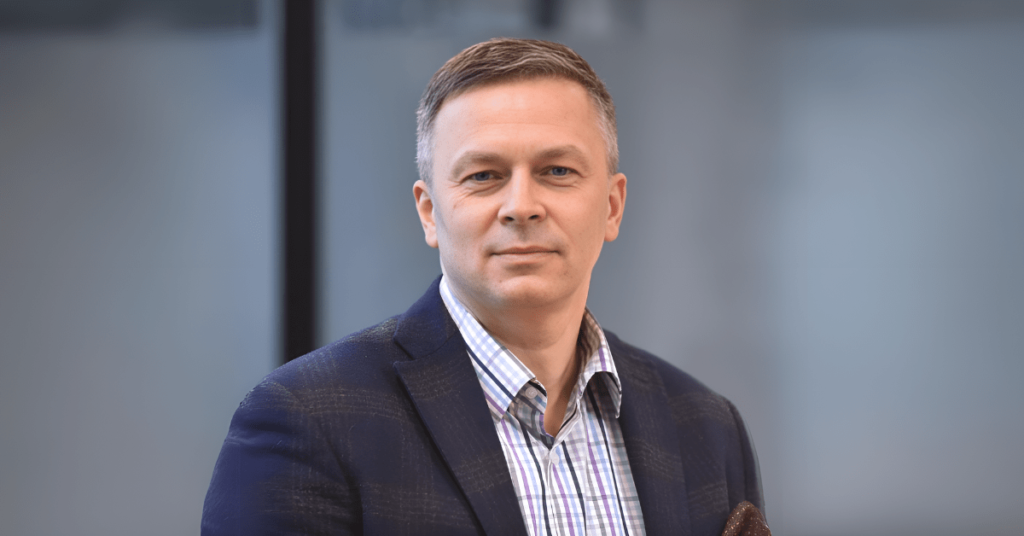In a nutshell
- Yesterday, Poland’s Radix Ventures announced the initial closing of its fund at €41 million.
- They aim to invest in deeptech entrepreneurs across CEE and raise at least €60 million to back 16-20 startups. The focus is on the later seed stage, raising around €1-2 million.
- Investors in the first close include the European Investment Fund (EIF), PFR Ventures GreenHub and a number of technology experts from across CEE and beyond.
Their background stories
Radix Ventures is a VC fund founded by investors and tech entrepreneurs including Paweł Bochniarz, Wojciech Ratymirski and Michał Urbanowski.
The fund has a strong presence in Poland and its strategy spans across CEE, including collaborations in Romania, Bulgaria and Hungary.
As Bokunials previously stated in an interview with The Recursive, they “teamed up with people in the region who could give them access to deal flow.” Let’s take a look at what they’re currently focused on and the challenges they face in 2021 and beyond, when they start raising funds.
R: What challenges did you face in the fundraising process?
Paweł Bochniarz: To say that the fundraising environment is not particularly friendly at the moment is probably an understatement. Potential LPs are very selective and there are many very talented GP teams competing for capital. It was difficult to get a significant anchor investor to ensure that the fund size was aligned with our strategy. Today many GP teams get stuck at a small first close and have difficulty going beyond that. We did not want to be in that position.
Our fundraising strategy was heavily focused on that, so once the EIF backing was confirmed, things went much smoother. Still, many of the LPs who had previously invested in VC were not willing to recommit because they were disappointed with past returns (even though VC is generally a very well-performing asset class) or because they preferred less risky assets.
R: Why is the CEE region particularly promising for deep tech investments?
B: Talent is abundant but funding is scarce, which allows deep tech funds like ours to be selective and focus on the best teams.
Another major factor is that public and private research teams are opening up to international collaboration and are increasingly capable of producing world-class research results.
Last but not least, the AI revolution unfolding before our eyes requires advanced competence in computer science and mathematics, which, as we all know, are our areas of strength across CEE.
R: Can you elaborate on the criteria you use when evaluating potential startups?
B: We are always looking for ambitious teams to solve big problems.
The name Radix comes from radical, we look for radical and disruptive innovators, these are some of the first things we look at, and we also need to protect our competitive advantage and build defensive walls, so we probably pay more attention to issues related to IP strategy than the average VC.
Last but not least, we seek a strong positive impact on the environment and operate at the intersection of Deep Tech and Green Tech.

